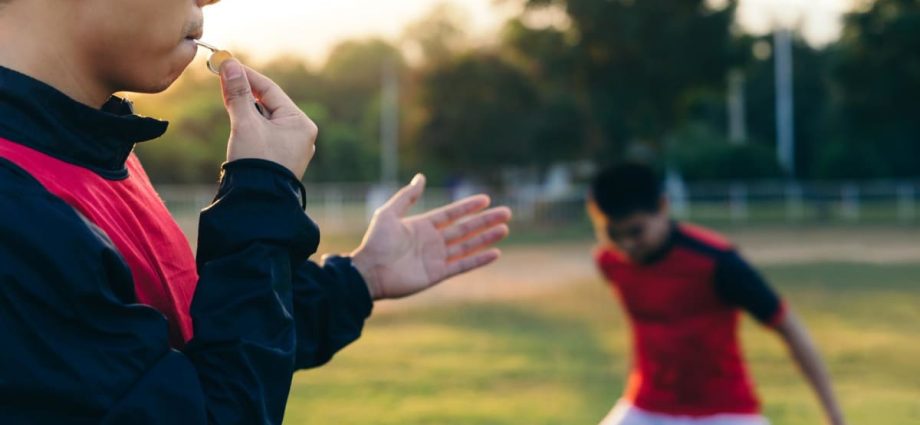
SINGAPORE: For some Direct School Admission (DSA) entry points such as team sports and arts-related fields, the selection process contains a layer of subjectivity that makes it difficult to decide on the best or most deserving applicant.
And this could be exploited especially if it boils down to one person having the final word – which is often the case, according to sports coaches and former students who benefited from the scheme.
They were speaking with CNA after Singapore launched investigations into a basketball coach who allegedly accepted bribes to secure students’ spots in secondary schools under the DSA pathway.
Even though the allegations remain unproven, the case also raises longstanding questions of whether the DSA system is truly equitable and fair, said one expert.
The DSA scheme, which was introduced in 2004, lets students use talents in areas such as sports, music and leadership to get into secondary schools or junior colleges (JCs), before they even sit for examinations.
Last year, nearly 40 per cent – or 14,500 students – of the Primary 6 cohort submitted DSA applications. Of these, only about one-third or 4,400 students succeeded.
It was first reported last Wednesday (Jul 24) that the coach allegedly charged parents up to S$50,000 to put their children in schools of their choice.
The Ministry of Education (MOE) said that the coach has been deregistered since April and is no longer working in any MOE school, while the Sport Singapore statutory board said his National Registry of Coaches membership has been suspended.
“THE BIGGEST SAY”
Coaches and former DSA students who spoke to CNA requested anonymity as they did not want to be seen criticising the institutions they either work for or once attended.
One basketball coach told CNA that “every system has its own grey areas”; and that he was not surprised by the control that the coach being probed allegedly had over the selection process.
Speaking from his own experience, while he was coaching a secondary school, the teacher-in-charge of basketball trusted him with “100 per cent rights” to pick students under the DSA.
The teacher might not have had time to interview every student, and would defer to his judgment on some cases.
In light of the alleged bribery case, MOE had said in a statement that schools need to form selection panels led by their leadership teams, to evaluate DSA applicants. Coaches can play a supportive role when necessary, but do not have the final say on admission, the ministry stated.
The MOE website acknowledges, however, that “different schools have different selection processes”, and recommends checking the individual institutions’ websites for details.
A 26-year-old who entered secondary school in 2011 under the DSA in badminton said she always had the impression it was the coach who had “the biggest say” and eventually decided who got picked – and that teachers were only involved administratively.
During her DSA trial, the coach watched the students play against each other and assessed their skills. It seemed like it solely depended on whether the coach thought she was up to par, she said.
At a school she tried to enter under the DSA, the teacher-in-charge of badminton had a short conversation with her and her mother, rather than a proper interview.

